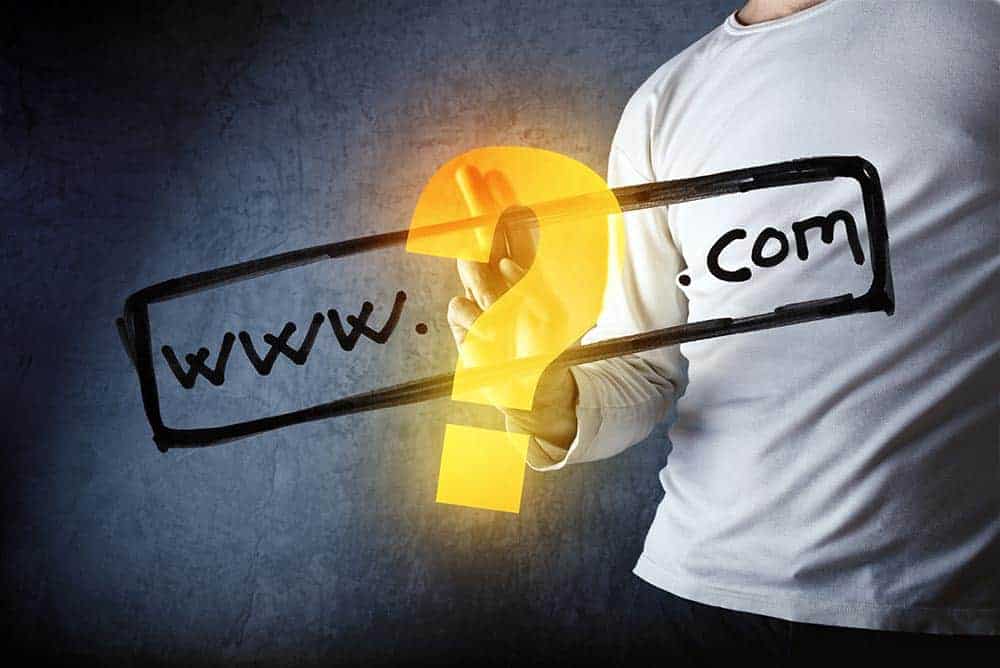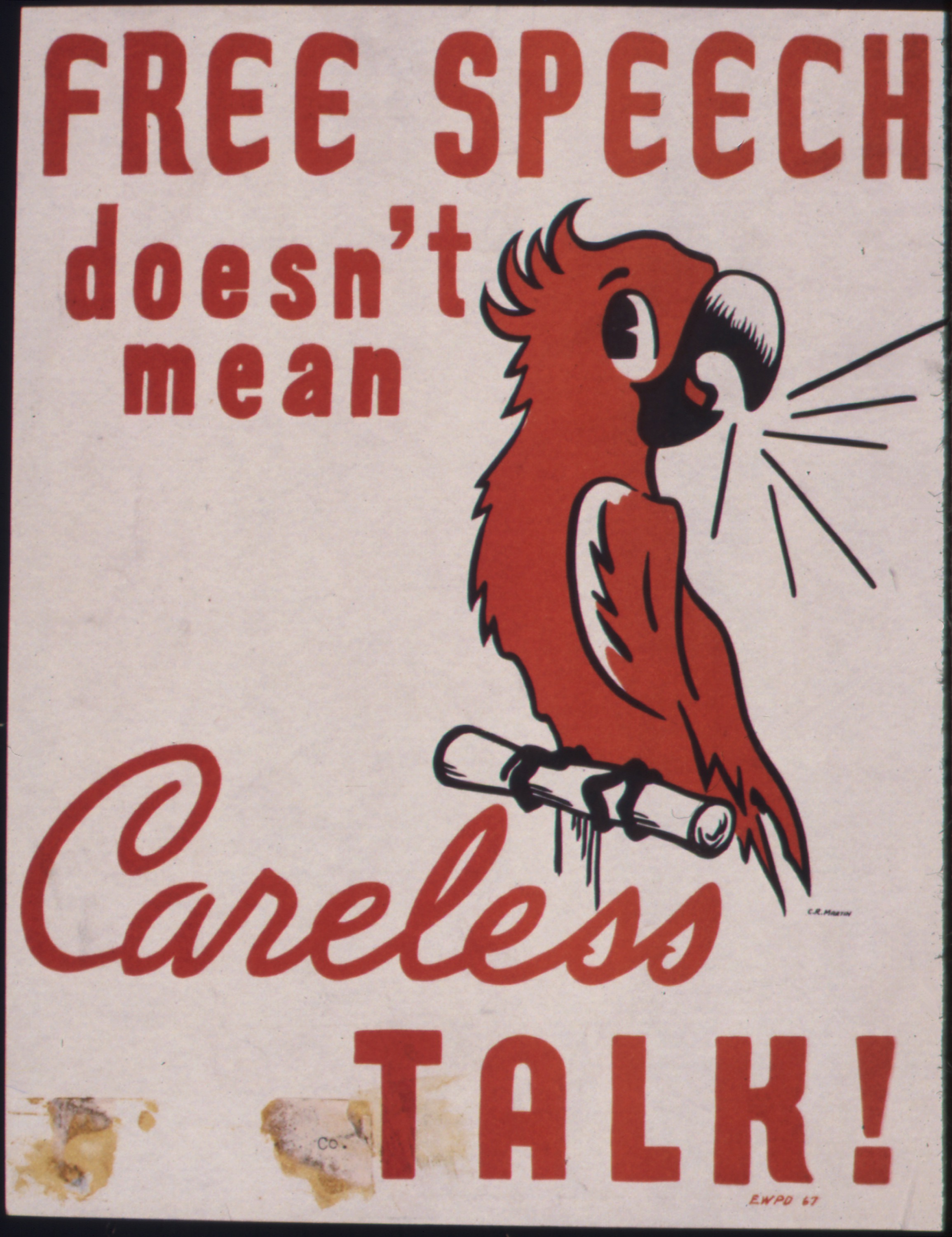
The rise of the digital has brought us lots of weird terms, and cybersquatting is one of them. It is derived from the term “squatting” which is the act of occupying an area that the “squatter” does not own, rent, or have permission to use. In the digital, the same principle applies. Instead of occupying real locations, cybersquatting is the act of registering internet domain names or usernames to either profit from them or use them in any other malicious manner.
During the rise of the internet, it became clear that simple internet domains are important to create a website that is easily accessible. As the number of websites on the world wide web started to grow, people realized that domain registration could be profitable. So, people started to abuse the domain registration system and started to buy any domain that could be sold for a high price later.
As the years went by, people started to recognize this problem and created some legislation to combat this problem. In 1999, the World Intellectual Property Organization created an administrative proves where a trademark holder would be able to claim a squatted domain. This proved to be a very useful system, because the number of claims with the WIPO are still rising to this day. Especially during the COVID-19 pandemic it has seen a quick rise in claims because people were spending more time inside on the internet.
One of the more amusing examples of these disputes is the Microsoft vs. MikeRoweSoft dispute. In this claim, the high school student Mike Rowe registered MikeRoweSoft.com for his part-time web design business. Microsoft filed a legal claim that Mike Rowe was infringing their trademark because of the phonetic resemblance between Microsoft and MikeRoweSoft. The case received a lot of attention because well, it involved a 12th grade student and a large company. Eventually a settlement they reached a settlement and Mike Rowe gave away the ownership of his domain. In exchange he got an Xbox, training for Microsoft certifications, and an all-inclusive trip for his family and some other compensations.
Nowadays we also have a new kind of cybersquatting on social media websites such as Facebook and Twitter. This kind of cybersquatting involves squatters registering trademark-protected brands or names of public figures on these social media websites. If you have been exploring any social media for a while, you might notice that not all celebrities have an account that is the most like their own name. Sometimes they chose to prepend their username with something like “TheReal-“ or “Official-”. These people have likely already tried to claim their own name, but they were most likely already claimed by other people that share the same name.
Yet, being too late to register your username on a social media for yourself or a trademark is not a lost cause if you want that specific username. In their terms of services, Twitter has specifically put in rules that should avoid username squatting. Additionally, Twitter also has policies in place to forbids impersonation. This is relevant, because with username squatting it can be argued that the squatter is able to abuse the public image of the name that he is using. Facebook has a system in place to reclaim usernames if they infringe on a trademark.
Aside from these policies, social media platforms also implemented ways to differentiate between squatted usernames and rightful usernames. Facebook, Twitter and YouTube all have implemented ways to get a username verified. In this way, you can immediately see if the account that sends you a message or posts something is the real deal.
However, we have seen lately that sometimes these systems do not always work as intended. After the latest Twitter acquisition by Elon Musk, he decided to completely change the system and add a paid way to get a verified checkmark on your twitter account. This reinforces the idea that cybersquatting and impersonation should be taken care of, or else… Well, just look at the tweets below and you know what I mean…



Thank you for this post! I vaguely knew about this but wasn’t aware it has been termed cyber-squatting.
It is very strange to me how people can come to own literal words and specific arrangements of letters. Perhaps this bears some similarity to the issue with Disney concerning the copyright of Hakuna Matata, although that is indeed an extreme example hahah.